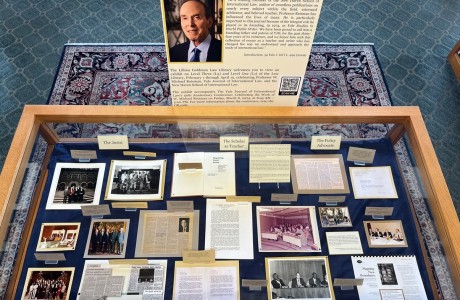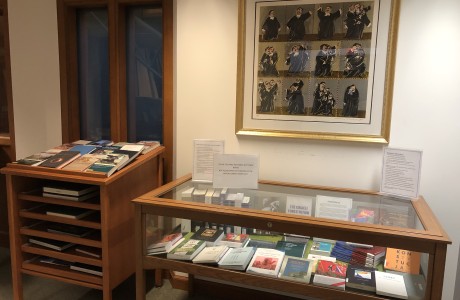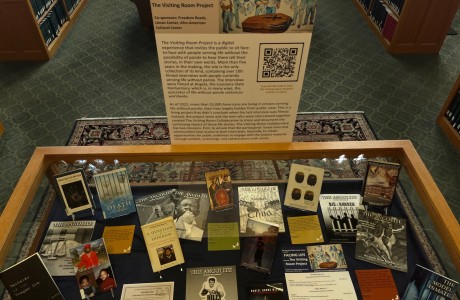Special Tribunal for Lebanon
On February 14, 2005, Prime Minister Rafiq Hariri and 22 other were killed in a bomb attack in Beirut. The act was immediately condemned as a "terrorist bombing" in a formal statement by the President of the United Nations Security Council. Shortly thereafter, the U.N. appointed an international independent investigation Commission. About one year later, on May 29, 2006, pursuant to Security Council resolution 1664, the United Nations
and the Lebanese Republic negotiated an agreement on the establishment
of the Special Tribunal for Lebanon. Further, pursuant to Security Council
resolution 1757 (Annex and Statute included) of May 30, 2007, the U.N. Security Council held, inter alia, that the Statute of the Special Tribunal,
would enter into force on June 10, 2007.
The U.N. Special Tribunal website has a complete list of documents relating to the creation of the Special Tribunal. There is also a timeline of events and a factsheet explaining the procedures and applicable law of the Special Tribunal.
Lebanese criminal law relating to the prosecution and punishment for acts of terrorism and crimes and offenses against life and personal integrity will apply to the Special Tribunal; the death penalty and forced labor have been excluded as possible punishments for those found guilty.
The Law Library of Congress has created a report, the Hariri Assassination Legal Commentary, also available in pdf, that "explains some of the legal issues relevant to the Special Tribunal for Lebanon by discussing:
- the jurisdictional basis for international judicial bodies;
- examining the jurisdictional reach of mixed tribunals;
- exploring the legal nature of the February 14, 2005 bombing; and
- identifying
a number of legal questions for which the final answers may shape
radically the jurisdictional reach of international criminal law."
Ulrich Mans and Lisette Sinkeler of the Hague Center for Strategic Studies express their opinion on the Special Tribunal (also in pdf). The report notes that eight anti-Syrian politicians have been killed since 2004, and acknowledges that the Hague will become, for Lebanese and Syrians, a place of "public accusation of the most influential elites in Syria."
Syrian President Bashar al-Assad repeatedly denies that his country had anything to do with the murder of Prime Minister Hariri. (See, CNN interview, among many other news reports in the BBC, NYT, and others).
Security Council Report, a non-profit working with Columbia University's Center on International Organization, has monthly reports on Lebanon as well as key U.N. documents referenced in their reports.


